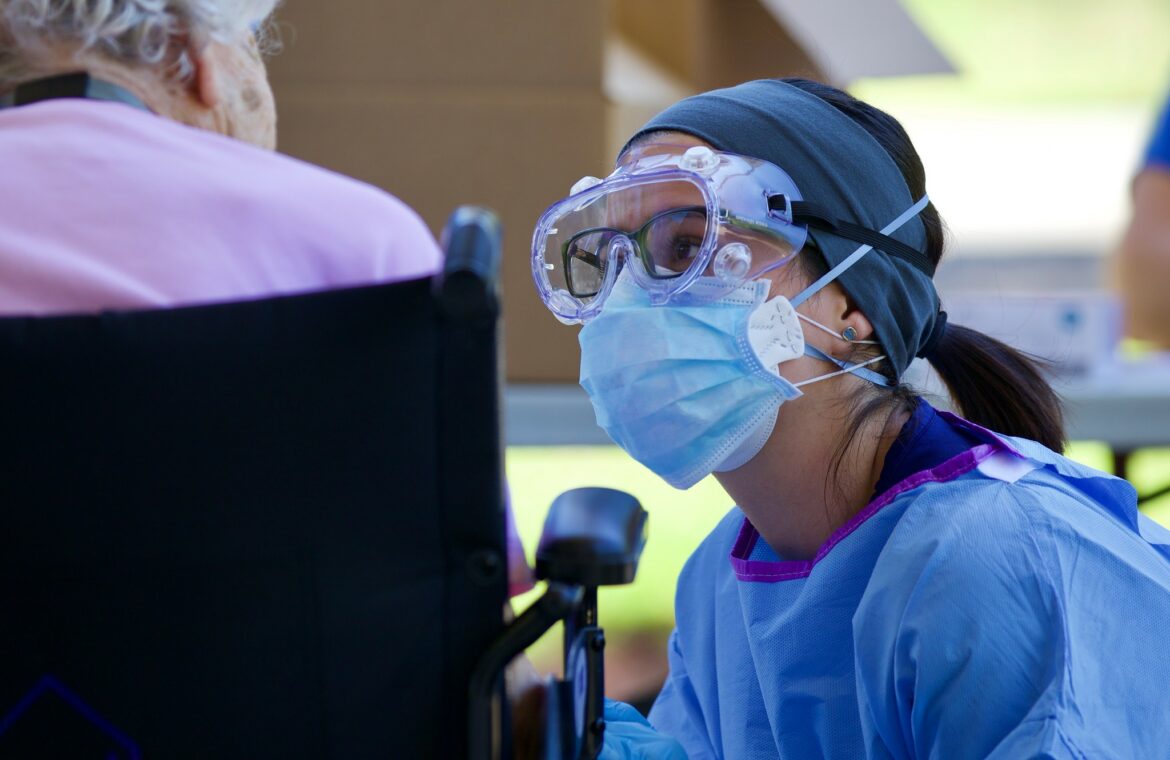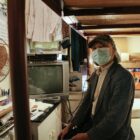The coronavirus pandemic has transformed elections, and for people who live in residential care facilities like nursing homes, that may be creating barriers to participation. Last week, organizers with Senior and Disability Action called together advocates and experts to lay out what rights these residents have and how to ensure they are able to exercise them.
Susan Mizner, who directs the ACLU’s Disability Rights Program, said 1.3 million people live in nursing homes nationwide and 800,000 live in other congregate settings which receive Medicaid or Medicare funding. Many of them, Mizner said, will not be able to cast a ballot privately and without help.
Mike Dark, an attorney with California Advocate for Nursing Home reform, said coronavirus restrictions on movement in and out of facilities has dramatically changed how residents might participate in the election.
Ensuring voting access for facility residents is also a racial, disability and economic justice initiative, said Michelle Bishop with the National Disability Rights Network, as the portion of these residents who are people of color has been increasing in the last decade and many residents are placed in facilities because their family’s finances limit their options.
A segment from our radio show and podcast, “Civic.” Listen at 8 a.m. and 6 p.m. Tuesdays and Thursdays at 102.5 FM in San Francisco, or online at ksfp.fm, and subscribe on Apple, Google, Spotify or Stitcher.










